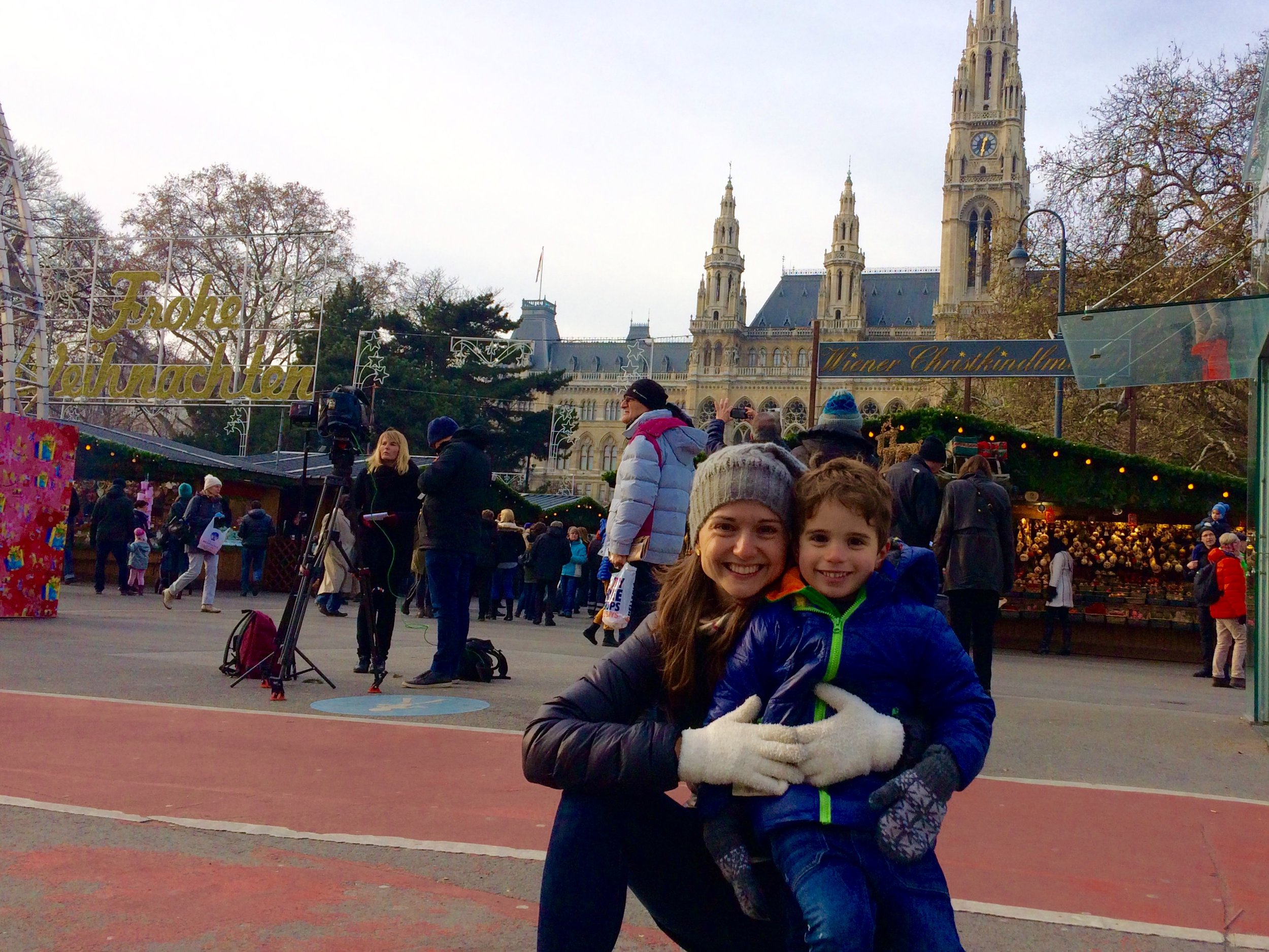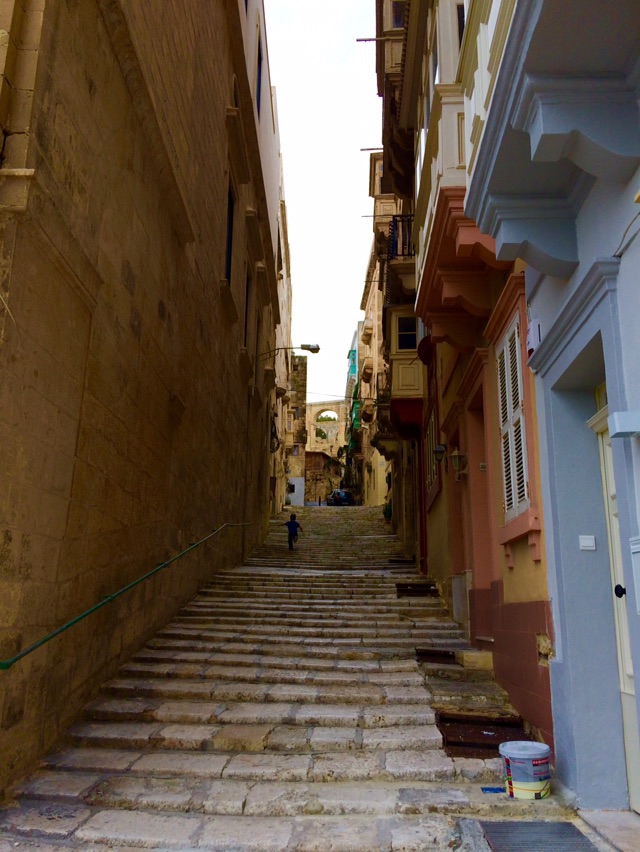I've officially logged three months of twice-weekly one-on-one Spanish lessons. I can now very confidently order "un café con leche para llevar" at my school's coffee bar, instruct los taxistas that "al semáforo está bien," and fluently apologize because "no hablo español muy bien." In all cases, I aim to keep my words short and my face in an "I'm-a-little-puzzled" expression, for fear that people mistakenly believe I'll understand when they reply back in rapid-fire Spanish; once that happens, I'm toast.
Learning a new language as an adult is slow-going, but the real obstacle is that Spanish is very definitely the second language of Barcelona. While there is a whole lotta Catalan seeping into my unconscious, it's much harder to passively absorb Castellano. In our area of the city, probably 90% of signs are written in Catalan — high enough to assume it's in Catalan, but low enough to hold out hope that maybe you're learning Spanish. There are many Spanish words I think I've learned, but once I proudly repeat them to my instructor, she laughs and rolls her eyes and tells me I'm speaking the wrong language.
People often assume that Catalan is a dialect of Spanish. It's not, and to suggest such a thing to a Catalan person would be borderline blasphemous. While many Catalan words are unrecognizably different from their Spanish equivalents (e.g., ham is pernil vs. jamón; woman is dona vs. mujer), others are very similar, even identical (e.g., fruit is fruita vs. fruta; train is tren in both) — which makes it hard to always know what you're looking at. The one saving grace is that lots of Catalan words use an accent greu (e.g., è) whereas no Spanish words do, and this has become my go-to trick for figuring out what the hell I'm reading. It came in handy on a recent visit to local bookstore, where we'd gone to pick out Spanish stories for the kids; were it not for the telltale accent marks, I'm 100% certain I would've left up with a pile full of books in the completely wrong language.
I certainly underestimated how much more complicated living in a bilingual city can make language acquisition; if you want to learn Spanish, Barcelona is surely not the best place to do it. That said, I also underestimated how much easier it is to learn, period, when you're immersed — even if that immersion is less complete than you'd otherwise hope. Despite the sea of Catalan, a meaningful amount of my Spanish has been picked up via osmosis, like my favorite new phrase, "poco a poco" — little by little. It's the foolproof way to get a sympathetic smile from a stranger when you're bumbling over your Spanish: "lo siento, aprendo poco a poco."









































